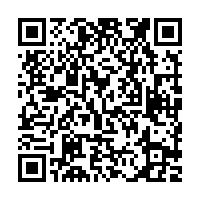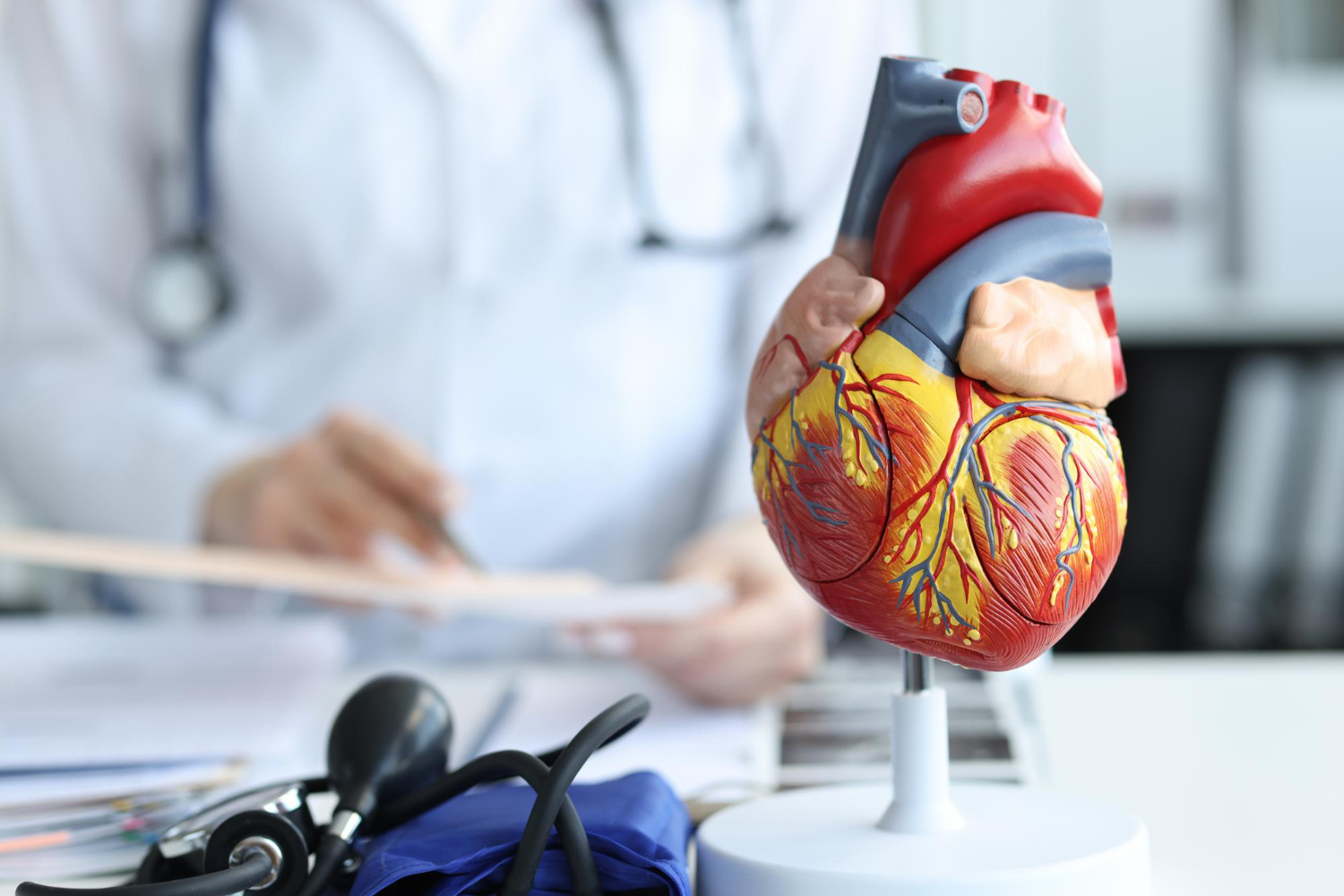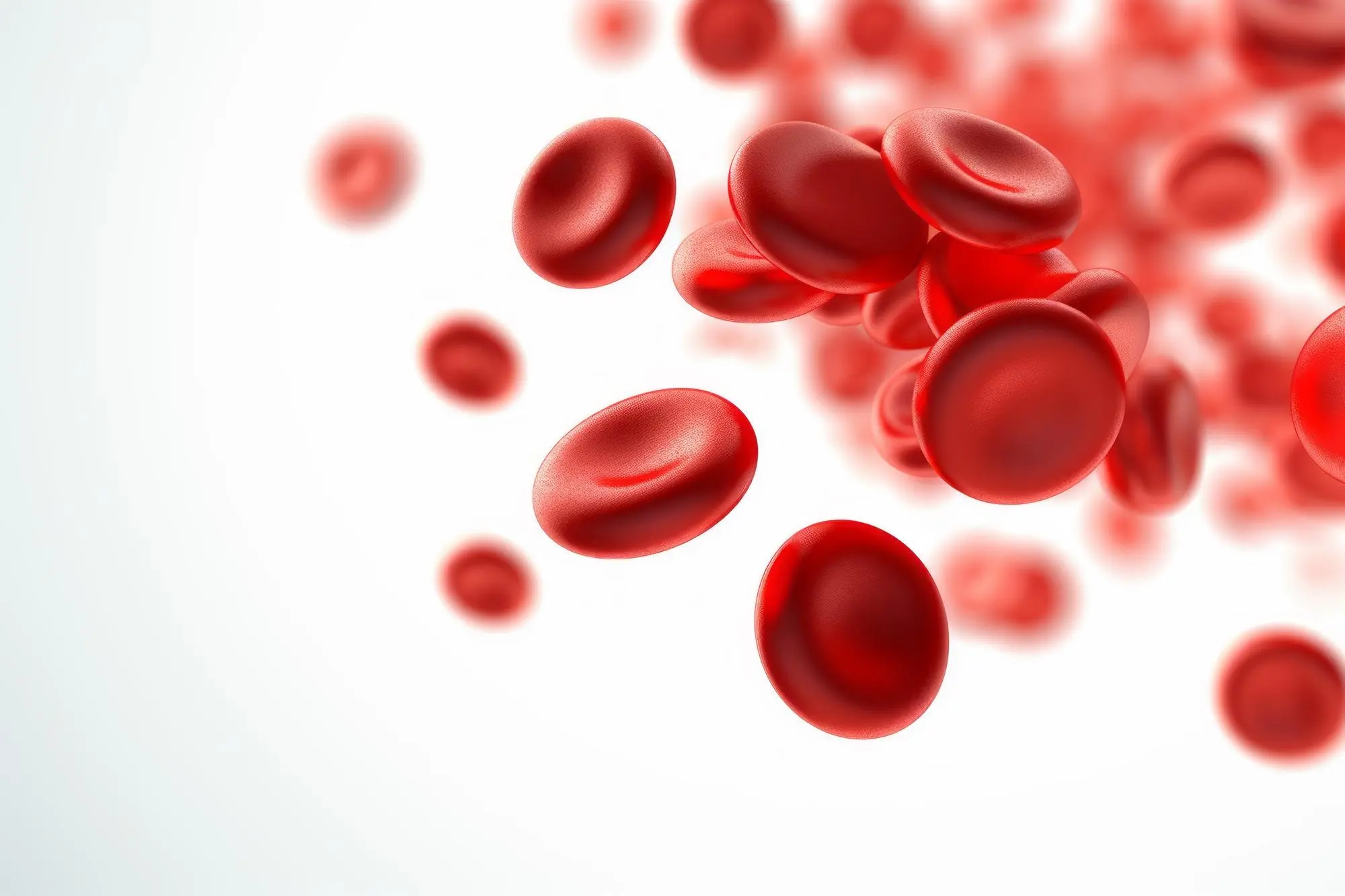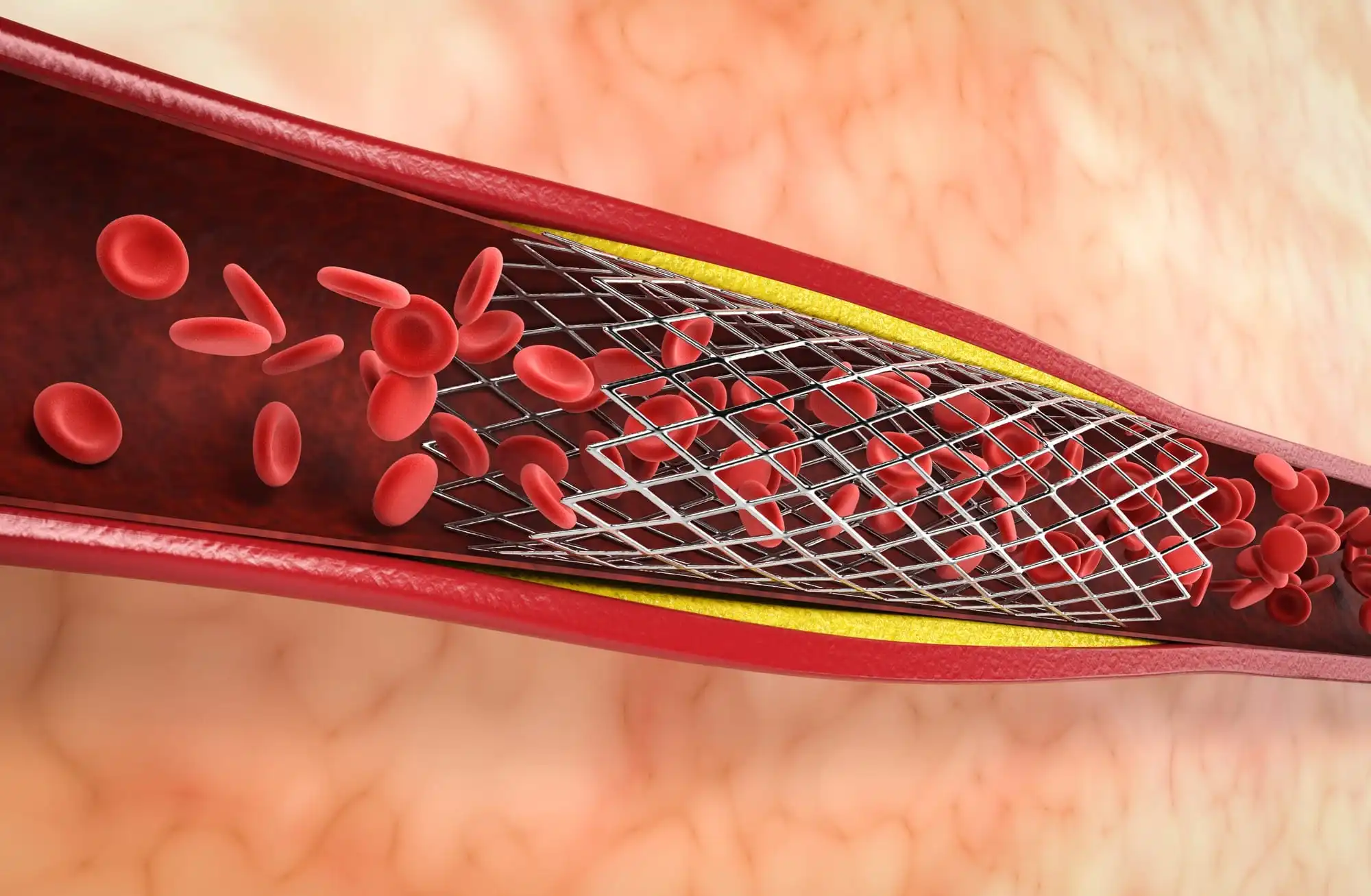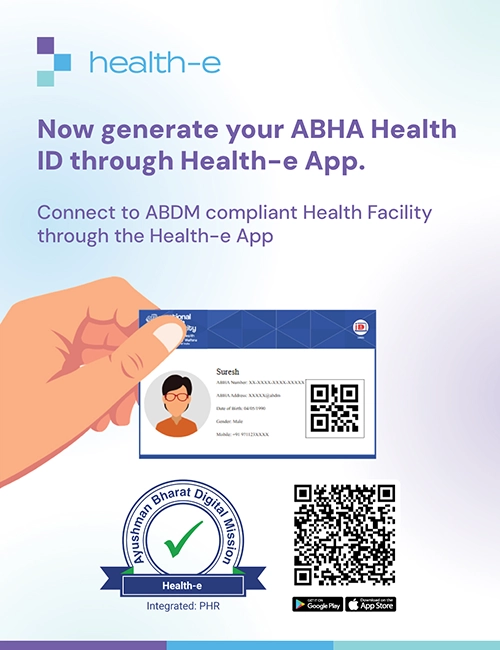1. Blood Tests
Blood tests can tell a lot about your heart. They check stuff like cholesterol levels, triglycerides, and blood sugar, which can be signs of heart disease. Some common ones include:
Cardiac Troponin Test: This one helps diagnose heart attacks by detecting a protein called troponin that the heart releases into the bloodstream when it’s damaged.
Lipid Profile: Measures cholesterol levels, specifically “bad” cholesterol (low-density lipoproteins), which can lead to heart disease.
Thyroid Function Tests: Checks your thyroid gland’s activity. Thyroid issues can affect your heartbeat.
Complete Blood Count: Looks at different types of blood cells in your system. Abnormal counts can mimic heart issues.
B-type Natriuretic Peptide (BNP): Measures a protein called BNP, which increases when the heart has to work harder, often indicating heart failure.
2. Electrocardiogram (ECG or EKG)
3. Exercise Stress Test
4. Echocardiogram (Ultrasound)
5. Transesophageal Echocardiography (TEE)
6. Nuclear Cardiac Stress Test (Myocardial Perfusion Imaging - MPI)
7. Coronary Angiogram (Cardiac Catheterization)
8. Magnetic Resonance Imaging (MRI)
9. Coronary Computed Tomography Angiogram (CCTA)
10. Coronary Artery Calcium (CAC) Test
11. Holter Monitor
12. Chest X-ray
13. Nuclear Imaging Tests
These tests use radioactive tracers to create images of the heart. There are three types:
PET Scan: It helps diagnose coronary artery disease (CAD) and heart damage after an attack.
MUGA Scan: Measures ejection fraction, which shows how well your heart pumps blood.
SPECT Scan: Shows blood flow and heart function at rest and during exercise, helpful for detecting CAD or heart attack signs.
14. Tilt-Table Test
Final Thoughts
When it comes to your heart, there’s no time to waste. If you have symptoms of a heart condition, don’t wait. Seek medical help promptly. The first step is seeing a doctor who can give the right tests and address any issues.
But that’s not all you can do. Stay proactive with the Health Locker App. It helps you keep track of your heart test results, so you’re always in the know about your heart health.
Your heart’s well-being is top priority. Take charge of it today for a healthier future. Get started with the Health-e App now.
